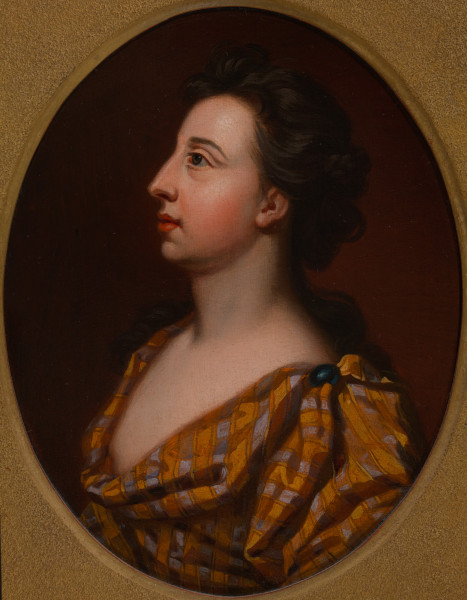
The First Woman of the Stage
Elizabeth Barry, one of the most famous actresses of her time, left behind a legacy that still resonates in the world of theatre today. Despite facing initial failures on stage, her talent and dedication helped her to become a celebrated actress and a trailblazer for other women in her field.
Barry’s success on stage was largely due to her remarkable talent and the support of her former lover, the Earl of Rochester, who coached her to become a first-rate actress. Her performances were so captivating that they earned the admiration of Charles II and the Duke and Duchess of York. In fact, the Duchess of York was so impressed by her acting that she took English lessons from her. Such was the impact of Barry’s acting that she even wore the coronation robes lent to her by the Queen during a performance as Elizabeth II in Banks’ Earl of Essex.
Barry’s talent was not limited to just one genre of theatre. She created over 100 roles in comedy and was particularly successful in the plays of Thomas Otway. Her acting was so powerful that it breathed life into even the most uninspiring plays, as noted by Thomas Betterton, who claimed that her acting gave “success to plays that would disgust the most patient reader.”
But Barry’s legacy is not just about her impressive performances on stage. She also helped to pave the way for other women in the theatre industry. Colley Cibber, a fellow actor and playwright, credited her with establishing benefits for actors, which up until then had only been given to authors. Her success and influence on the industry also helped to challenge the traditional views on women’s roles in theatre, paving the way for more female actresses to emerge in the following years.
Barry’s personal life was not without its controversies, as she had two children with different fathers. However, both fathers provided for their children, and Barry was able to retire from the stage in 1709 and live out the rest of her life in relative comfort.
The legacy of Elizabeth Barry is a testament to the power of talent, hard work, and determination. She remains an inspiration to aspiring actors and actresses today, and her contributions to the theatre industry will continue to be remembered for generations to come.






